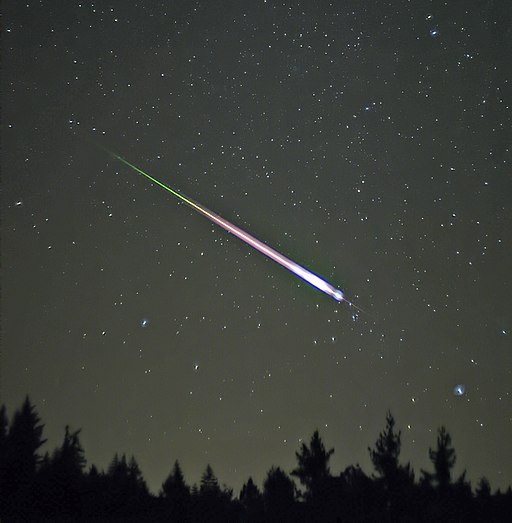 |
| This image by Ray Stinson is licensed under a Creative Commons Attribution 4.0 International License. |
 |
| This image by Ray Stinson is licensed under a Creative Commons Attribution 4.0 International License. |
 |
| This image by Ray Stinson is licensed under a Creative Commons Attribution 4.0 International License. |
 |
| This image by Ray Stinson is licensed under a Creative Commons Attribution 4.0 International License. |
The orange glow at the horizon in some of the photos is skyglow from Browning, Montana, over 50 kilometers away.
A few years ago, Ray took some photos of dark clouds passing over the Milky Way for me to use in this article that looks at the effects of clouds on skyglow. For nearly all of Earth's history, clouds made the night darker, just like they do in the day. It's only recently that this has been reversed, and we have now observed overcast skies over 2,000 times brighter than the natural star filled sky. We don't yet have models that can tell us where clouds make the sky brighter, but we do know that the affected area is enormous.
Nocturnal animals specialized to live under nighttime light levels. Over much of the Earth's land surface, the night no longer occurs, there is only daytime and twilight. Unfortunately, there has been almost no research into whether and what this change has done to ecosystems.
